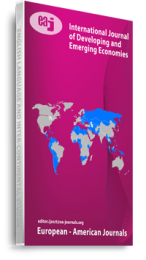In recognition of importance and expansion of the gig economy, largely in developed and BRICs economies along with the growing literature surrounding it, this research contributes towards an empirical and conceptual understanding of how employee motivation and retention are managed by the mobile-app based multiple payment-enabled car-pooling Chinese giant DiDi. Both the exponential usage and evidently a diversified range of services offered by Didi has not only transformed the Chinese perception of using cabs over personal vehicle in the 1.4b populated country in the world, but also invites new research in learning the employee retention tools of a company with such a high regional scale of operations across nearly all provinces in China. While the company employs over a million employees at various contractual levels, the objective of this paper is to evaluate how levels of employee motivation, in a gig economy setting, largely affects the efforts and long hours of performance of DiDi drivers in major Chinese cities. The objective of this research is to qualitatively investigate the nature and effectiveness of Didi as a customer customiser using a thematic analysis and a conceptual framework; while also adding contextual knowledge on how a relatively new transport company with mass public use options retain employees in a major BRIC economy that is embedded with many faces of gig economy.
Keywords: ERG Theory, gig economy; employee motivation; China; innovation and enterprise; DiDi; mobile app-based enterprises; employee performance

